You are probably well aware of the fast spread of the coronavirus these last few weeks which is also known as COVID-19. Containing this spread has been proven to be difficult because people of modern times have never faced this kind of problem before. The last time the planet Earth had a world-wide pandemic was in the 1910s. Just twenty days ago there was a total of 100,000 confirmed cases around the world, and today we have almost 500,000. This should tell you just how serious the spread of COVID-19 is and that you should do everything in your power to avoid it and avoid spreading it to other people.
As of 20th March, it is believed there are confirmed cases of coronavirus in every single state in the United States. New York, California, Washington, and Florida are the states with the highest number of cases and the total death number is over a thousand. Currently, the death rate in the United States is just over one percent, but if we were to continue with this tempo, the rate might spike to a much higher value in just a couple of weeks.
You might have heard that COVID-19 is not as dangerous as people are making it, but the dangers lie in a lot more aspects, not just your health. People with a weaker immune system (chronically sick and older people) and those that have had respiratory-related problems in the past have a much harder time recovering from COVID-19. This is why it is important that you do everything you can prevent it from spreading it to other people.
So, if you want to know what you can do to prevent from ever getting sick from corona, here is a quick guide.
Contents
Understand the symptoms
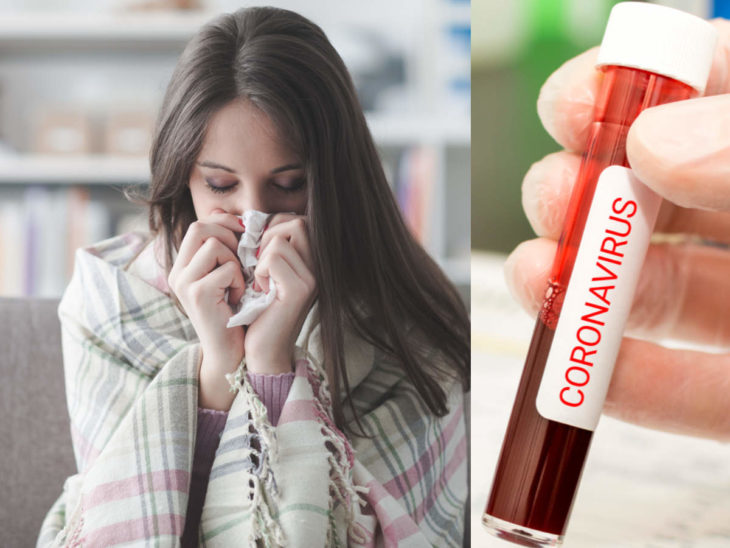
Source: timesofindia
Before you start panic buying supplies for yourself and your family, you should first understand the symptoms of COVID-19.
After a person has been exposed to it, the symptoms might start appearing just after two days, but sometimes even after 14 days. The first symptoms that you might notice are fever, dry coughing and sometimes shortness of breath. The intensity of the fever and the cough can vary from person to person. Some people could live through it like it is a regular cold while other people will have a much more traumatic experience.
How it’s spread
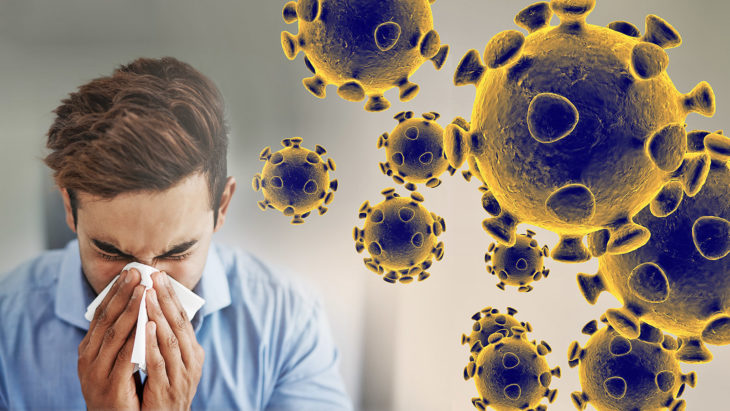
Source: theprestonhub
It is also important to understand how COVID-19 is exchanged. Experts believe that it is mainly spread through coughing, sneezing or even talking. The droplets that exit the respiratory system can stick to another person’s mouths, nose or even hands. Once the droplets enter the body, the person becomes infected. It can also be transmitted through surface contact. If someone infected were to sneeze on a handlebar in a public bus, if someone else were to touch it and then touch their eyes, nose or mouth, the person would get infected.
Prevention measures
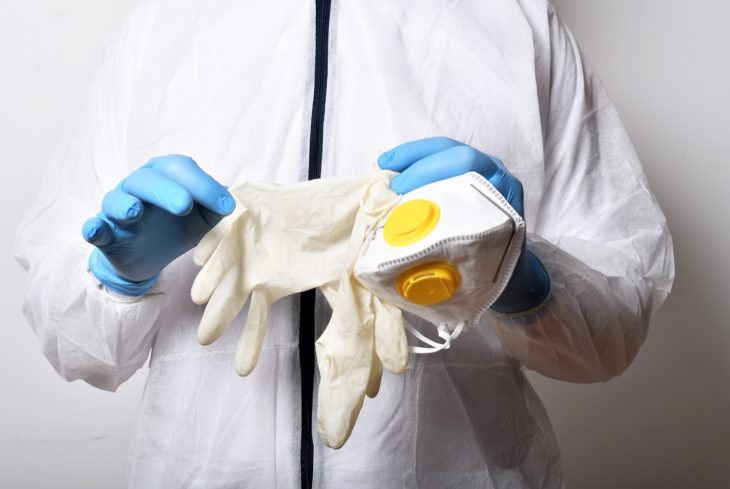
Source: atlanticcouncil
Now that you understand the virus’ symptoms and how it is transmitted, it’s time to learn about the prevention measures you can take to reduce the chances of getting infected with it.
You don’t need a mask
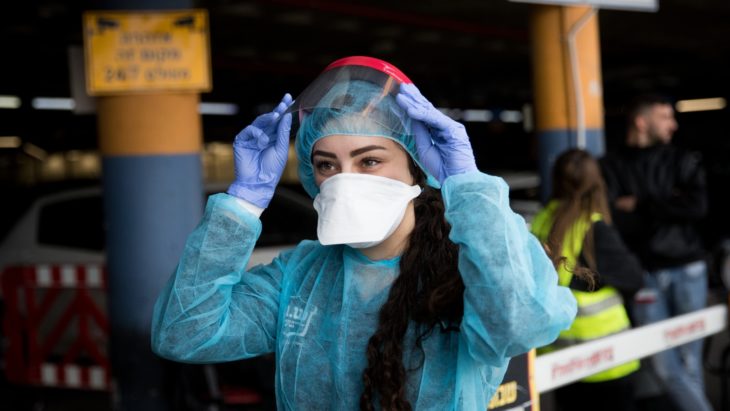
Source: israel21c
It is a common misconception that a mask will prevent you from getting infected by the virus. Believe it or not, but a mask can actually increase your chances of getting infected because, after a certain time of breathing into it, it gets wet which enables particles of COVID-19 to easily stick to the surface.
According to Surgrica, the only time you will need a mask is if you are already infected or if you are in close contact with someone who has the virus such as your friend or a family member. Buying unnecessary amounts of masks can cause a shortage which might prove as a problem to those who really need it.
Wash your hands
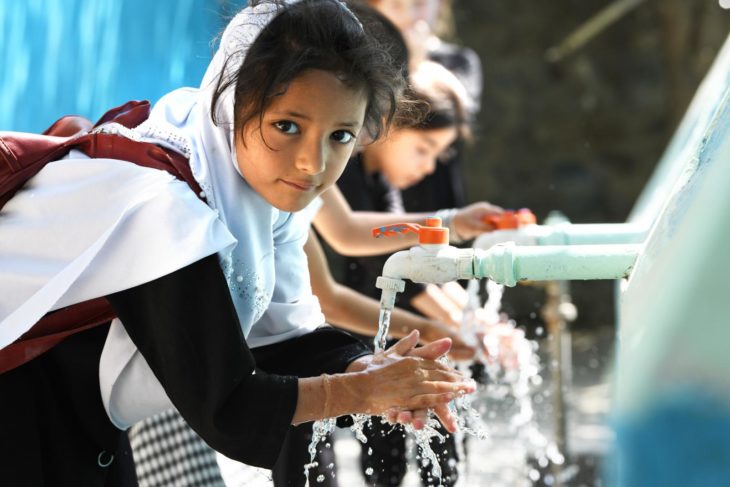
Source: unicef
This might be the most effective way of protecting yourself from COVID-19. The Centers for Disease Control and Prevention advises that you can wash your hands either with warm or cold water. Although, warmer water is preferred because soap reacts better with it. Once you get them wet, apply soap and start scrubbing all over, between the fingers, above and below the palm, under the nails and around the thumb. Once you are done, you should either let them dry or wipe them with a clean towel. Make sure you replace your bathroom towel at least once in two days.
If you were at work or at the store, you must wash your hands once you get home. You should also take off your shoes and leave them at the front door because the virus can stick on the sole of your shoes.
You should also carry a hand sanitizer wherever you go, so you can clean them if you have touched something.
Don’t touch your face
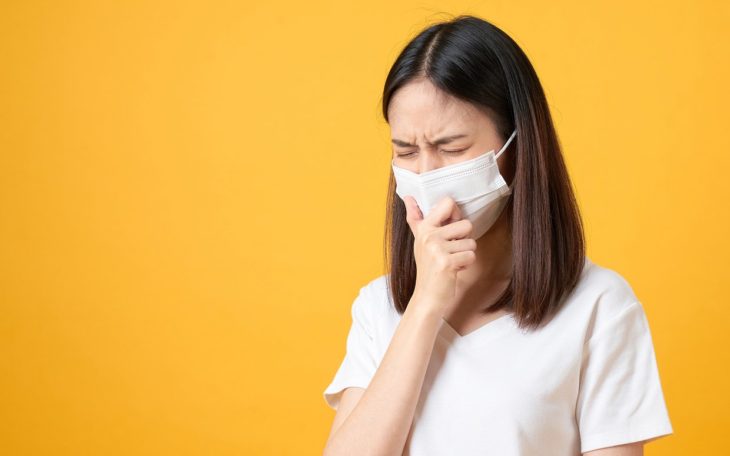
Source: cubaheal
This one is a bit difficult to do because a lot of times we touch our face without even noticing. So, if you can, try to actively think about not touching your mouth, nose, ears or eyes when you are out and about. If you never touch your face, you are preventing the virus from ever entering your body.
Stock on supplies
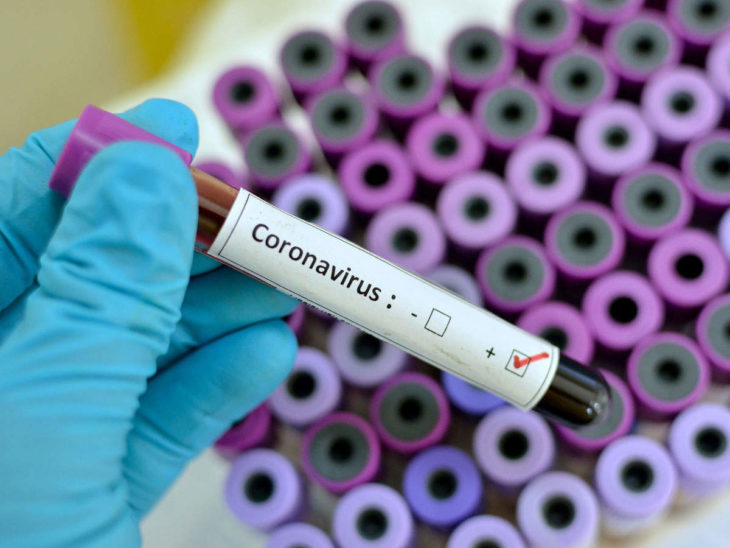
Source: economictimes
Stocking on supplies does not mean that you have to buy every single item from the store. You need to be aware that other people will need food and other essentials too. Get enough supplies to last you at least a couple of days and you can go to the store again in a few days. The point is to isolate ourselves as much as possible, reducing the number of times we have to go to the store. But, that doesn’t mean that we should stock up so we can stay home for months.
Don’t panic
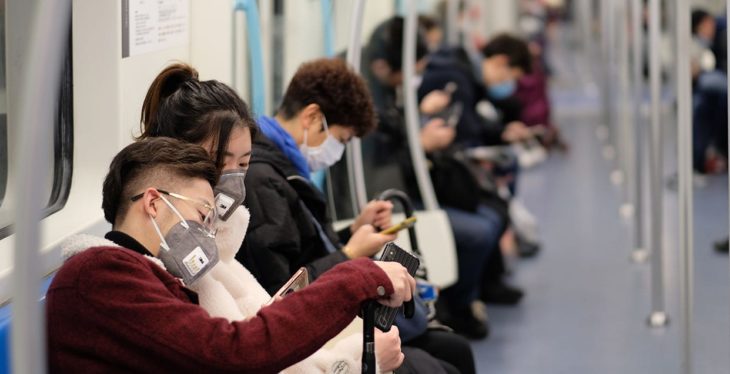
Source: samitivejhospitals
The situation is very serious, but it is also important that you do not panic. By following these preventive measures, you will stay safe and you will reduce the spread of COVID-19.
